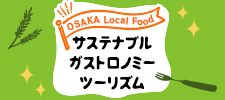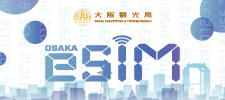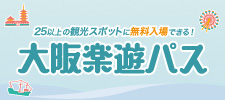Sorry, the page you requested could not be found.
The page at the specified URL has been deleted, renamed, or is temporarily unavailable.
If this page appears again after reloading your browser, please try searching from the top page.
Important Notice




